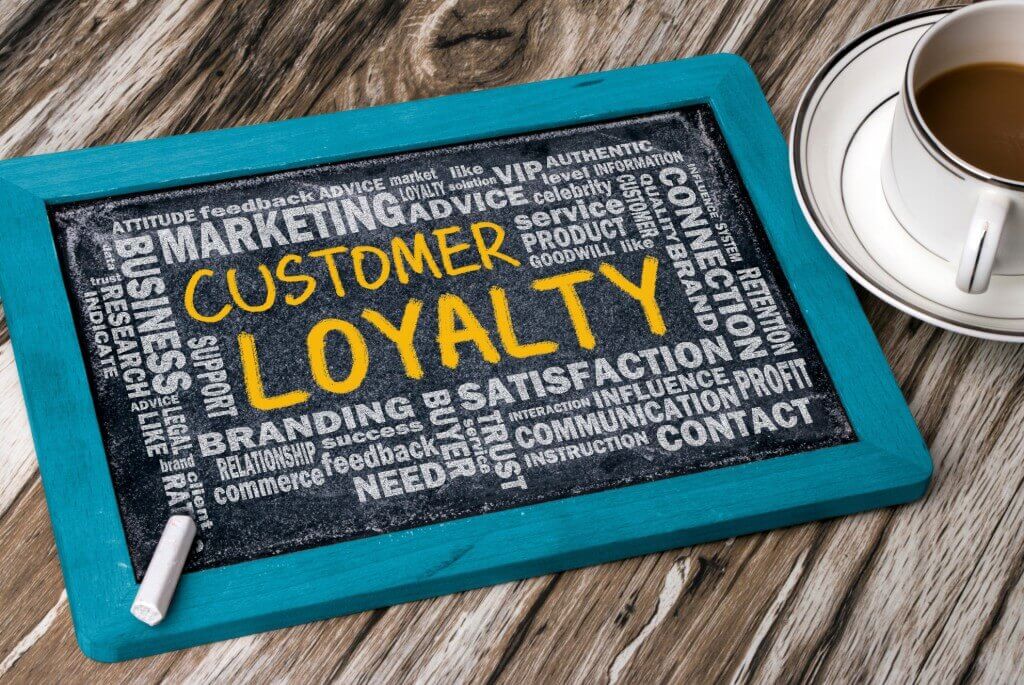
Hotel loyalty programs can be so much more than points and an occasional free room to VIPs. But even that requires forethought.
NB: This is an article from Cendyn
To start, you have to think about the loyalty ecosystem from an architectural standpoint before you even start building the tech to enable it.
Today, we share Part 2 in our loyalty program series, with four more important categories hotels should map out and consider.
Data privacy
With the global trend of consumer awareness around data privacy with regulations like GDPR and CCPA, hotels need to ensure they establish a tight, secure and clear process around data collection and transparency.
Data collection is a powerful tool to serve and reward guests in a personalized way with loyalty programs, but it’s imperative that hotels establish the proper channels for guests to opt-in, request data collected and establish clear steps to opt-out of collection should they wish to. Where will your guest loyalty data be stored, linked, referenced and utilized?
Cendyn recommends that our hotel clients 1) review all data collection channels across their organization 2) establish an updated privacy policy detailing information collected and 3) ensure a clear process is in place to share this information with guests as requested and provide collection opt-out vehicles that are straightforward and processed quickly.
Cultural localization
Your loyalty program should reflect the culture and practices of its location and habits of guests. Consistency is definitely appreciated for certain elements of the loyalty program, regardless of region, but think about ways that certain markets operate differently.
For example, in China WeChat is used for almost everything, from communications to payments and everything in between. When someone in China signs up for a loyalty program, they will expect to be able to use WeChat instead of their email address.
In certain countries, the traditional hotel points system is not popular. Instead, guests will expert their repeat hotel purchases to count towards a credit card partner.
Perks
What gifts and rewards will you offer? Research shows that people respond dramatically better to loyalty incentives that promise pleasure (a suite upgrade, a massage or special dining event) versus utilitarian incentives (like cash back). It creates a pleasant association with the hotel brand and even “bragging rights” for a reward that breaks the routine. But at the end of the day, you know your hotel guests best and should map out the perks accordingly. Perhaps you even give guests choices on what type of loyalty perks they receive and then based on those preferences, the reward is automatically selected for them moving forward. For example, a frequent business traveler may appreciate free high-speed Internet access over a free cocktail but building out your loyalty program with flexibility of perks will ensure your guests feel known and understood at your hotel. Ultimately, the best option for hotel loyalty perks puts the guest in a position whereby receiving the award, they could also spend additional money back into the hotel.
Integration with other loyalty programs
Loyalty program integrations that team up hotels with third-party partners offer cross-pollination opportunities; it can even more your guests more loyal by rewarding them in channels they already frequently purchase in.
When selecting a possible partnership with another loyalty program, think about the demographics – does it match with the profile of your typical guests? Does the partner sell products or services in a category that’s related or complimentary? Some of the more popular hotel loyalty program partnership integrations include airlines, shared-ride apps like Lyft and Uber and credit card companies.




